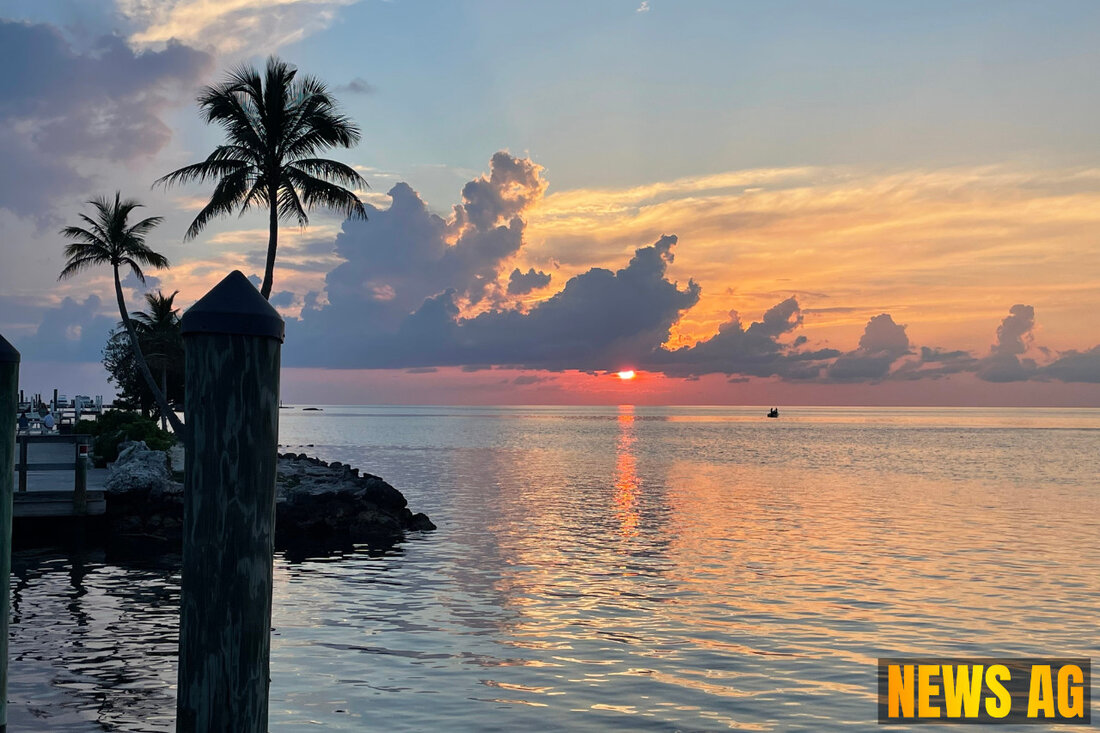Fort Worth Youth Dive into Shark Conservation Adventure in Florida
A group of Fort Worth youth explored Florida's marine life, engaging in shark conservation efforts and ecological education.

Fort Worth Youth Dive into Shark Conservation Adventure in Florida
In a vibrant initiative aimed at blending education with hands-on experience, four young individuals from Fort Worth embarked on a week-long adventure in southern Florida from June 21 to June 27. This eye-opening voyage was organized by the Great Plains Restoration Council, with participants Mi’Coyrien Curtis (18), Jonathan Anderson (17), Isaiah Alvear (20), and Isaiah Henderson (18) diving into the intricate world of marine conservation.
The experience was rich with activities focusing on the preservation of endangered marine species, where the youth were actively engaged in snorkeling and observing a variety of marine life, including sharks, manta rays, sea turtles, and dolphins. They visited crucial conservation sites like the Wakodahatchee Wetlands, and played a pivotal role in gathering data for national research efforts, as highlighted by Fort Worth Report.
Engaging with Marine Life
What really made the trip remarkable was the variety of activities designed to educate these young minds about local marine ecosystems. They collaborated with the Florida Manta Project to assist in activities such as underwater photography and aerial surveys using drones. Additionally, their work with the American Shark Conservancy focused on collecting vital data regarding local shark populations, including monitoring salinity levels and gathering DNA samples.
The program also emphasized the importance of dispelling myths surrounding sharks, which often carry a reputation that isn’t always grounded in reality. This educational component was further enriched through a virtual meeting with Sara Al Mabruk, the founder of Marine Biology in Libya Society, who shared insights about community efforts geared towards protecting endangered shark species.
Tools of Conservation
But how do researchers conduct their studies on these fascinating creatures? According to Angari.org, specialized research gear, known as drumlines, is vital for catching sharks during expeditions. These drumlines consist of a single, baited circle hook attached to a heavy weight that sits on the seafloor. Marked for easy retrieval, these setups allow for organized research while ensuring the sharks can swim freely around the rig once they are hooked. The drumlines are checked frequently, every 45 minutes, to monitor the well-being of the sharks.
On top of that, baited remote underwater video systems (BRUVS) play an essential role in studying marine ecosystems. Bait placed in these systems attracts nearby sharks, while a built-in GoPro captures the action around the bait cage. This method ensures that researchers can observe shark behavior without direct interaction, which minimizes stress on the creatures.
Broader Context of Shark Conservation
The work done during this trip is part of a larger conversation about shark conservation and the urgent need for awareness around these majestic creatures. A quantitative analysis of peer-reviewed literature in shark conservation has identified complex themes, as discussed in an article on Nature.com. Among various topics, public perception plays a significant role in conservation efforts. Misunderstandings about sharks often stem from cultural attitudes shaped by fear. However, campaigns that promote awareness are slowly shifting these views.
Furthermore, issues surrounding extinction risk and protections are closely tied to international regulations like CITES, which currently lists over 150 shark and ray species as threatened. A critical need for well-rounded management strategies is evident as the relationship between fisheries, bycatch, and shark populations continues to complicate conservation efforts.
The recent increase in shark conservation literature, which has risen significantly since the 1990s, indicates both challenges and opportunities in marine research. Young programs like that undertaken by Fort Worth’s youth are vital stepping stones toward fostering a new generation of environmental stewards.
As these four young adventurers continue their journeys into adulthood, the skills and awareness gained through such immersive experiences might just pave the way for a brighter future for sharks and marine life as a whole.

 Suche
Suche
 Mein Konto
Mein Konto